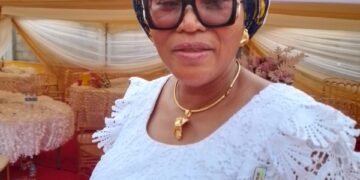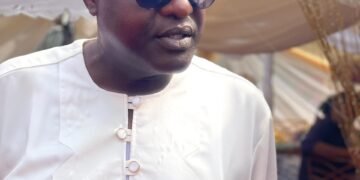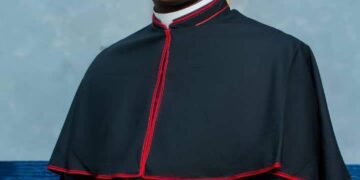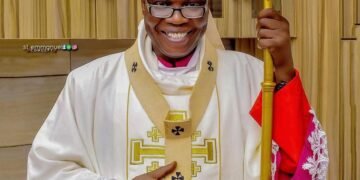By Charles Igwe
In a scathing report released on Friday in Abuja, the Catholic Church’s election observer group expressed deep concern over the conduct of the 2023 general elections in Nigeria, labeling it a disheartening charade despite various improvements and significant support. The election, which was hoped to mark a turning point in the nation’s electoral system, has instead left many Nigerians disillusioned and questioning the credibility of the process.
The report, compiled by the Church and Society Department of the Catholic Secretariat of Nigeria (CSN) and Caritas Nigeria, highlighted several distressing observations from their teams deployed across the country. Despite increased financial backing from local and international partners, advanced technological enhancements, ample human resources, and substantial public enthusiasm, the elections were marred by a host of concerning issues.
Director of the Church and Society Department and Executive Secretary of Caritas Nigeria, Very Rev. Fr. Uchechukwu Obodoechina, conveyed the disappointment felt by the majority of Nigerians towards the Independent National Electoral Commission (INEC) and security agencies. The Church’s report pointed to instances of violence, voter intimidation, widespread disenfranchisement, and the alarming prevalence of vote-buying.
One significant flaw highlighted in the report was INEC’s failure to fulfill its promise of uploading real-time results from Form EC8A to the IReV portal. This breach of trust further eroded public confidence in the electoral process and fueled suspicions of manipulation.
The aftermath of the elections witnessed an unprecedented surge in litigation, with 10 political parties lodging a staggering 1,341 cases, representing almost 90% of the 1,490 contested seats. The sheer scale of legal battles has raised concerns about the judiciary’s capacity to deliver swift and impartial justice.
Rev. Fr. Obodoechina expressed dismay at the estimated N3 billion that INEC is likely to spend on defending these legal challenges, funded by taxpayers’ money. The Church emphasized that allocating such a substantial sum to safeguard questionable actions undermines the principles of democracy and accountability.
The report’s recommendations underscored the urgent need for comprehensive electoral reforms. It called for all elections to be held on the same day, aiming to reduce the cost and curb the desperation of incumbents seeking to perpetuate their rule by influencing successors. Furthermore, the Church urged INEC to pursue complete electronic voting as a means to minimize electoral irregularities and foster greater transparency.
The Catholic Church’s report also demanded INEC to publicly apologize to Nigerians for the disappointing conduct of the elections, which fell short of both domestic and international expectations, despite significant financial resources allocated for the process.
As Nigerians grapple with the aftermath of the 2023 elections, the call for electoral reforms and increased accountability echoes throughout the nation. The hope remains that these pressing concerns will be addressed, restoring faith in the electoral system and safeguarding the democratic aspirations of the Nigerian people.













































